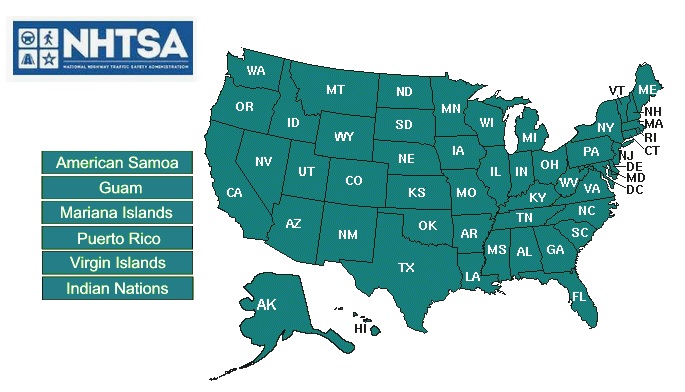As part of the State Electronic Data Collection (SEDC) program, the National Highway Traffic Safety Administration (NHTSA) invites states, territories and tribes to apply for millions in grants to upgrade and standardize state crash data systems to enable full electronic data transfer to NHTSA.

The program will also enable intrastate data sharing and improve the accuracy, timeliness and accessibility of fatality data, including data about pedestrians, cyclists and other vulnerable road users.
Up to $350 million in grants is open to all 50 states, the District of Columbia, Puerto Rico, the US Virgin Islands, Guam, American Samoa, the Northern Mariana Islands, and the Secretary of the Interior, acting on behalf of an Indian tribe. NHTSA will only accept one application from each eligible applicant
"These grants will mean more state data coming to NHTSA faster, which means we can put this information to good use in pursuing our shared safety goal — saving lives," said Sophie Shulman, NHTSA's Deputy Administrator. "State data tells us what's happening on our roads and allows us to develop effective and responsive strategies, countermeasures, research, rulemakings, and consumer education campaigns."
The SEDC program satisfies a Bipartisan Infrastructure Law directive. The law requires NHTSA to establish the SEDC program to provide grants to states to upgrade and standardize state crash data systems to enable full electronic data transfers to the agency.
NHTSA intends to award SEDC grants to states that detail how they will modernize and standardize their data collection systems.
Participating states and territories who are selected to receive grant funding will have five years to implement full electronic data transfers to NHTSA.
Applications are due by May 1, and NHTSA plans to award the grants by December 2024.
All SEDC funds must be expended by not later than 5 years after the date on which the grant is awarded and USDOT obligates the funds.




